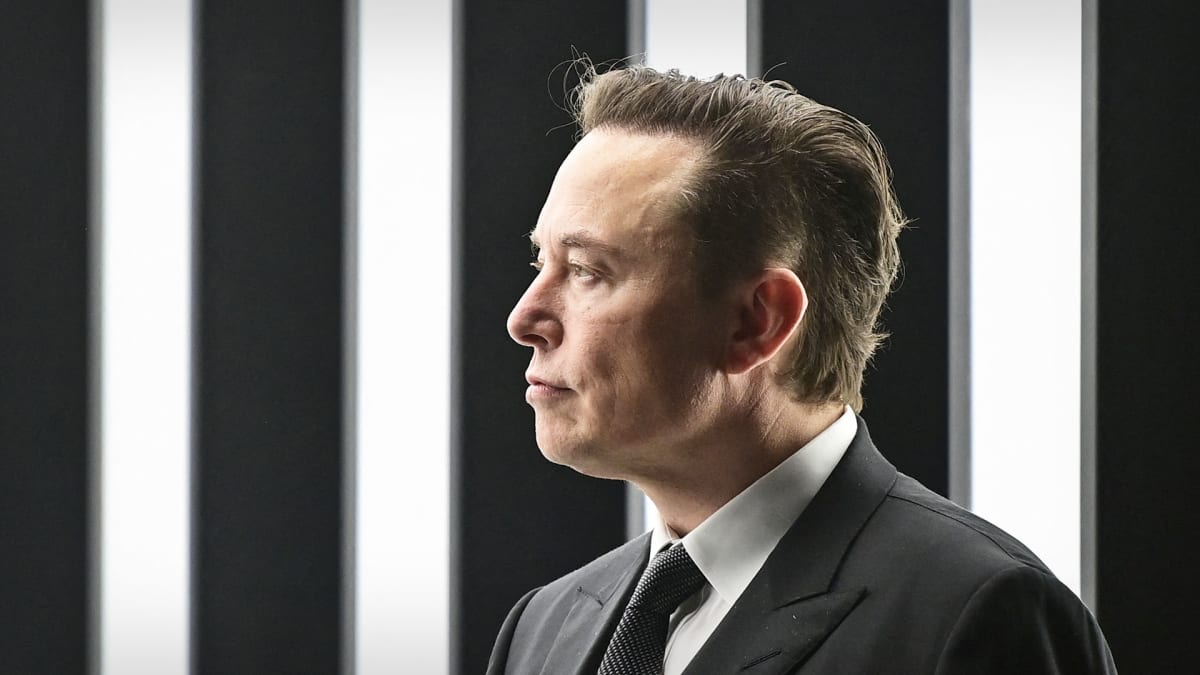
Is the banking crisis that started last month over? Is it almost over or just the beginning? Opinions differ.
Regulators suddenly closed Silicon Valley Bank on March 10 to prevent the Californian bank's problems from spreading to the entire banking sector.
Santa Clara, Calif.-based SVB was the go-to lender for many tech companies. It provided specialized financial services, industry expertise, a valuable network, and a strong reputation. It also offered a range of financial services, tailored specifically to the needs of startups, such as venture debt, corporate banking and asset management. These services are designed to help startups manage their finances, optimize their cash flow and scale their businesses.
Created in 1983, Silicon Valley Bank (SIVB), which presented itself as a "partner for the innovation economy,” offered higher interest rates on deposits than its larger rivals, to attract customers. The company then invested its clients' money in long-dated Treasury bonds and mortgage bonds with strong returns.
The Main Issue
This strategy had worked well in recent years. The bank’s deposits doubled to $102 billion at the end of 2020 from $49 billion in 2018. In 2022, deposits increased to $189.2 billion.
But everything turned upside down when the Federal Reserve began to raise interest rates, which made existing bonds held by SVB less valuable. As a result, the bank had to sell the bonds at a discount to cover withdrawals from its customers. In selling these bond positions, SVB had to take a significant loss of $1.8 billion.
Due to this loss, SVB suddenly announced that it needed to raise additional capital of $2.25 billion, by issuing new common and convertible preferred shares. This decision caused panic and a run on the bank.
Since then, fears of the ripple effect have spread like wildfire, threatening the banking sector, despite the fact that too-big-to-fail banks have been subject to strict regulations since the financial crisis of 2008.
In addition to SVB, fears of contagion have already led to the closure of Signature Bank in New York (SBNY) on March 12. Since then, concerns about the deposits in other small banks, i.e. those with assets below $250 billion, have intensified, in particular because the Federal Deposit Insurance Corporation (FDIC) guarantees deposits that are less or equal to $250,000 only. Basically, all individuals with more than $250,000 in their accounts would lose anything above the FDIC threshold if the bank defaulted.
Despite assurances and declarations from the regulations on the solidity of the American banking system, depositors have rushed in recent weeks to withdraw their money. According to data by the Federal Reserve, Americans withdrew $120 billion in deposits from small banks during the week ending March 15.
The small banks saw their deposits stabilize in the week of March 22. Nevertheless, the deposits at smaller banks are still down some $216 billion during the week ending March 22 from a December high.
'This Trend Will Accelerate'
Large U.S. banks lost $96.2 billion in deposits in the week ending March 22, the Fed data showed. Several analysts attributed this decline to depositors moving their cash to higher-yielding money market funds.
It is in this context that Elon Musk, the CEO of Tesla and owner of Twitter and former co-founder of PayPal, has just warned of a silent bank run which could accelerate. This warning came during a thread on Twitter. An account, with which the billionaire regularly interacts, posted a message saying that U.S. banks continue to face massive withdrawals of funds from their customers.
"Trillions of $$$ are draining out of the banks ... into money market funds. That weakens the banks,” the Twitter account wrote on April 7.
It continued: "Fear that the banks are at risk is driving this trend and thus making the banks even weaker.”
Moving cash from bank accounts to money market funds is a trend explained by the fact that these short-tern investments offer higher returns than traditional bank accounts. However, the depletion of bank deposits can lead a bank to a liquidity crunch, similar to what happened with SVB.
Musk seems to share this point of view. He even believes that this phenomenon will accelerate. Basically, things are going to go from bad to worse.
"This trend will accelerate,” the billionaire said, without providing additional details.
On the other hand, the big banks have a more positive perspective. Jamie Dimon, CEO of JPMorgan Chase, stated so. In an interview with CNN on April 6, he said that the banking crisis was almost over.
Could there be more bank failures?
"I don’t know,” Dimon told CNN on April 6. "But if there are, honestly, they’ll be resolved. I think we’re getting near the end of this particular crisis.”
The banker also repeated that the problems that led to the failure of SVB were "hiding in plain sight” and should have been detected by the bank’s management.







